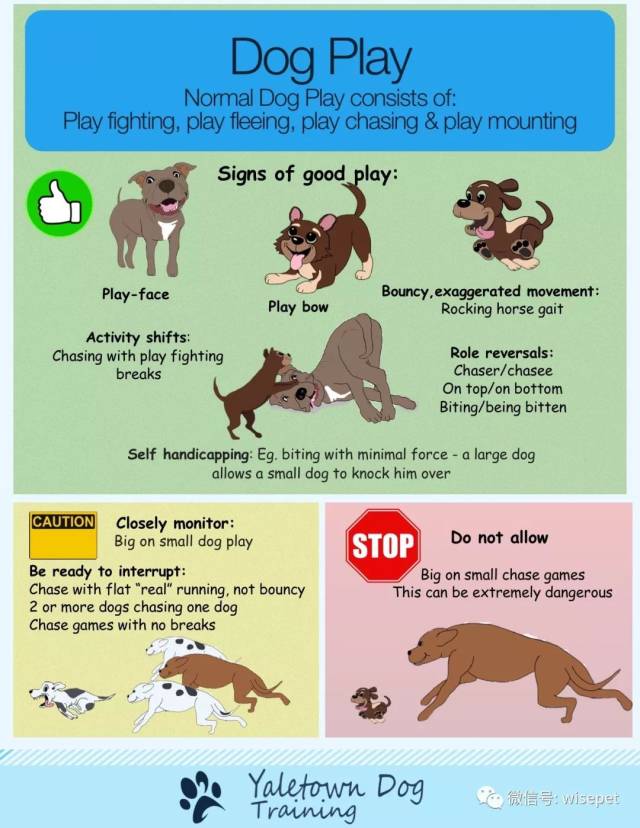Why is Losing a Pet So Hard: Understanding the Emotional and Psychological Impact
Guide or Summary:Pet Bonds: More Than Just CompanionsThe Emotional Impact of Pet LossThe Psychological Impact of Pet LossCoping with Pet LossLosing a pet ca……
Guide or Summary:
- Pet Bonds: More Than Just Companions
- The Emotional Impact of Pet Loss
- The Psychological Impact of Pet Loss
- Coping with Pet Loss
Losing a pet can be one of the most heart-wrenching experiences a person can endure. It's a profound loss that often leaves us grappling with a myriad of emotions, from deep sorrow and grief to a sense of betrayal or abandonment. The question of why is losing a pet so hard is complex and multifaceted, touching on both the emotional and psychological aspects of human-animal bonds.

Pet Bonds: More Than Just Companions
At the heart of the difficulty of losing a pet lies the unique bond that develops between humans and animals. This bond is not merely a result of companionship; it's a deep, often unspoken connection that enriches our lives in countless ways. Pets become part of our daily routines, offering us unconditional love, comfort, and a sense of security. They become integral members of our families, sharing in our joys and sorrows, and often providing a level of understanding and empathy that can be hard to find in human relationships.
The Emotional Impact of Pet Loss
The emotional impact of losing a pet is significant and can be felt in many different ways. Grief is a natural response to loss, and it's important to acknowledge and process these emotions. The pain of losing a pet can be especially acute because they often become a part of our identity and daily lives. They can be seen as extensions of ourselves, and their loss can feel like a personal tragedy.

The Psychological Impact of Pet Loss
Beyond the immediate emotional response, the loss of a pet can also have long-lasting psychological effects. Pets provide a sense of purpose and routine, and their loss can disrupt these aspects of our lives. They can also serve as a source of comfort and support during difficult times, and their absence can leave a void that is hard to fill.
Coping with Pet Loss
Coping with the loss of a pet is a personal journey, and there is no one-size-fits-all approach. However, there are some strategies that can help ease the pain and facilitate the healing process. Seeking support from friends, family, or a support group can provide comfort and understanding during this difficult time. Engaging in activities that honor the memory of your pet, such as volunteering at an animal shelter or participating in a pet memorial, can also help you find closure and healing.

In conclusion, the question of why is losing a pet so hard is one that touches on the deep emotional and psychological bonds that we form with our animal companions. While the pain of losing a pet is undeniable, it's important to remember that the love and joy they bring into our lives is invaluable. By understanding the impact of pet loss and seeking support, we can navigate this difficult journey with resilience and strength. Ultimately, the bond between humans and animals is a testament to the power of love and connection, and it's a bond that will endure, even in the face of loss.